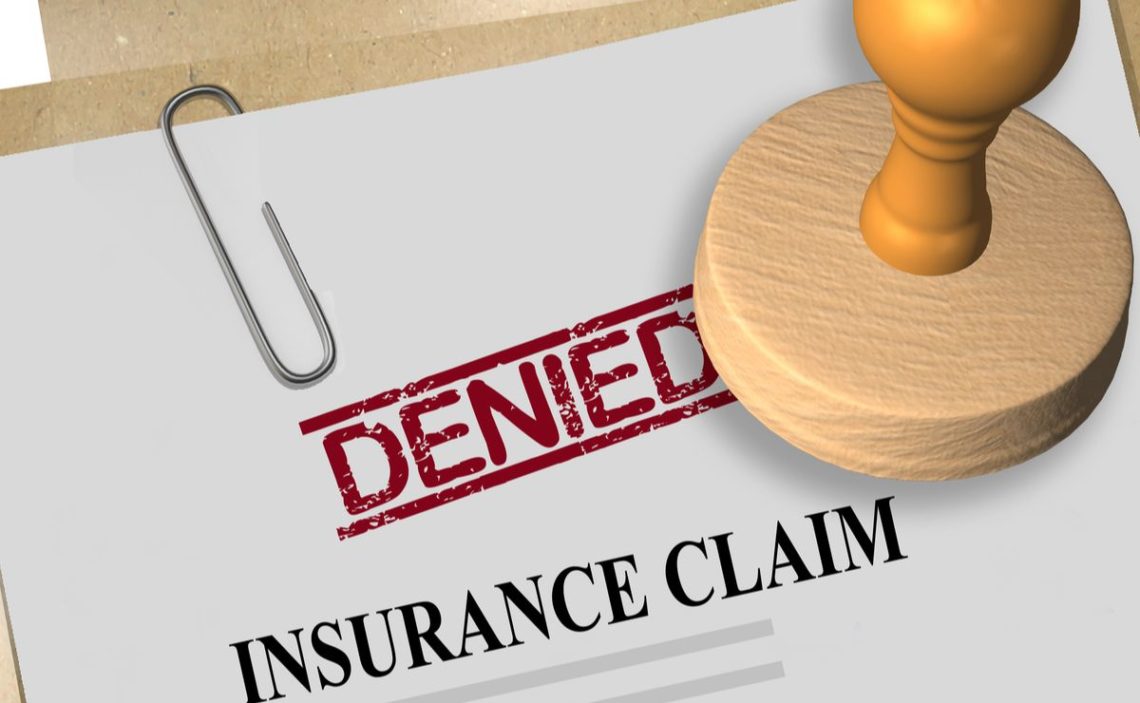The main idea of buying an insurance policy is to avoid disputes arising after an accident. However, every year peoplewonder what to do if an insurance company won’t pay, as there is a record of many complaints about insurers that don’t treat their customers well.
The National Association of Insurance Commissioners compiles a list of common user complaints with their insurance provider. It is if you have been denied payment, treated unfairly, or been defrauded by your agent. The NAIC offers different options depending on the case.
According to the NAIC, records show that the biggest problem centers on claims handling, which is the reason people buy insurance. An average of 18% of complaints are due to delays experienced by policyholders receiving a claim, and 13% are due to complaints about insufficient claim amounts.
When the insurance company doesn’t pay, try these options
When trying to protect the family with a health or car insurance policy through a vehicle insurance policy, you first look for peace of mind in the face of adversity. But if the insurance company itself gets in the way of collecting on a claim, it is logical to want to know what to do if an insurance company won’t pay.
You can apply several options to any complaint you may have. The most common problems are with car and health insurance. Having this statistic clear will allow you to know how to act if at any time you have to make a claim; that is, you will be more alert about every detail.
You have different alternatives that you can raise when the insurer delays the payment of your claim, denies a claim, or makes a low offer for your claim.
Keep an old record
Even if you have a policy, keeping good records from its inception is necessary, as it will be very useful when making a claim. For example, when it comes to insuring what is inside your home, you should keep all receipts and records of your possessions, especially those more expensive items.
Not all insurance companies act correctly, and shady ones do their best to complicate the claims process. In that sense, it is convenient, in the case of your home, to take the video camera and make a tour of the whole place, then keep the video in the office or safe deposit box.
You should also keep a detailed record of who you talked to, what was discussed, and what was discussed when making a complaint.
Don’t assume the first refusal is final
About 60% of insurance claims are denied unfairly, but less than 1% of claimants question insurers when they say “no” to their share. It makes most companies less interested in honoring claims.
To avoid being part of the fatal statistics, you must be persistent. Don’t accept the first “no” as a definitive answer. Challenge the insurer’s refusal to pay your claim with evidence. Most people who contest their cases win their claims or improve their settlements.
Know your rights and your insurance policy
When buying a policy, don’t forget to take a detailed look at it, as this is the only way to understand better what you need when making a claim. It involves knowing what is covered, what to do to file a claim, the time limit for filing a claim, and the amount you should receive.
When the claim is for considerable amounts, it is a good idea to have the company of a lawyer during the statement to the insurer to give details about the accident or the value of possessions. In cases of dispute, knowing your rights will also be useful. All of this is accomplished by knowing your policy.
Demand a written explanation
Do not allow the company’s refusal to pay a claim to be made by telephone or in person. It would be best if you demanded a written explanation. State law requires insurers to provide written details about claim denials. Failure to do so is an illegal practice.
Where to go for help with a claim
When you file a claim with the insurance company and do not get a positive response on a claim, the first thing you should do is exhaust your options to get paid. But if you cannot reach an agreement with the insurer and feel your rights have been violated, you can seek outside help.
The agent who purchased the insurance policy should ensure that the coverage protects your interests and enforce the policy. If you feel it does not respond to your interests, communicate directly with the company, be polite but persistent and, if necessary, go up the corporate ladder until you get answers.
If nothing works, you have the right to go to the Department of Insurance in your state, and the service is free. The service varies from state to state; however, they will mediate a dispute, especially in New York, California, and Illinois. Look for a professional arbitrator and an attorney.
Salesforce Certified SALES & SERVICE Cloud Consultant in February 2020, Salesforce Certified Administrator (ADM-201), and Master degree in “Business Analytics & Big Data Strategy” with more than 13 years of experience in IT consulting.


